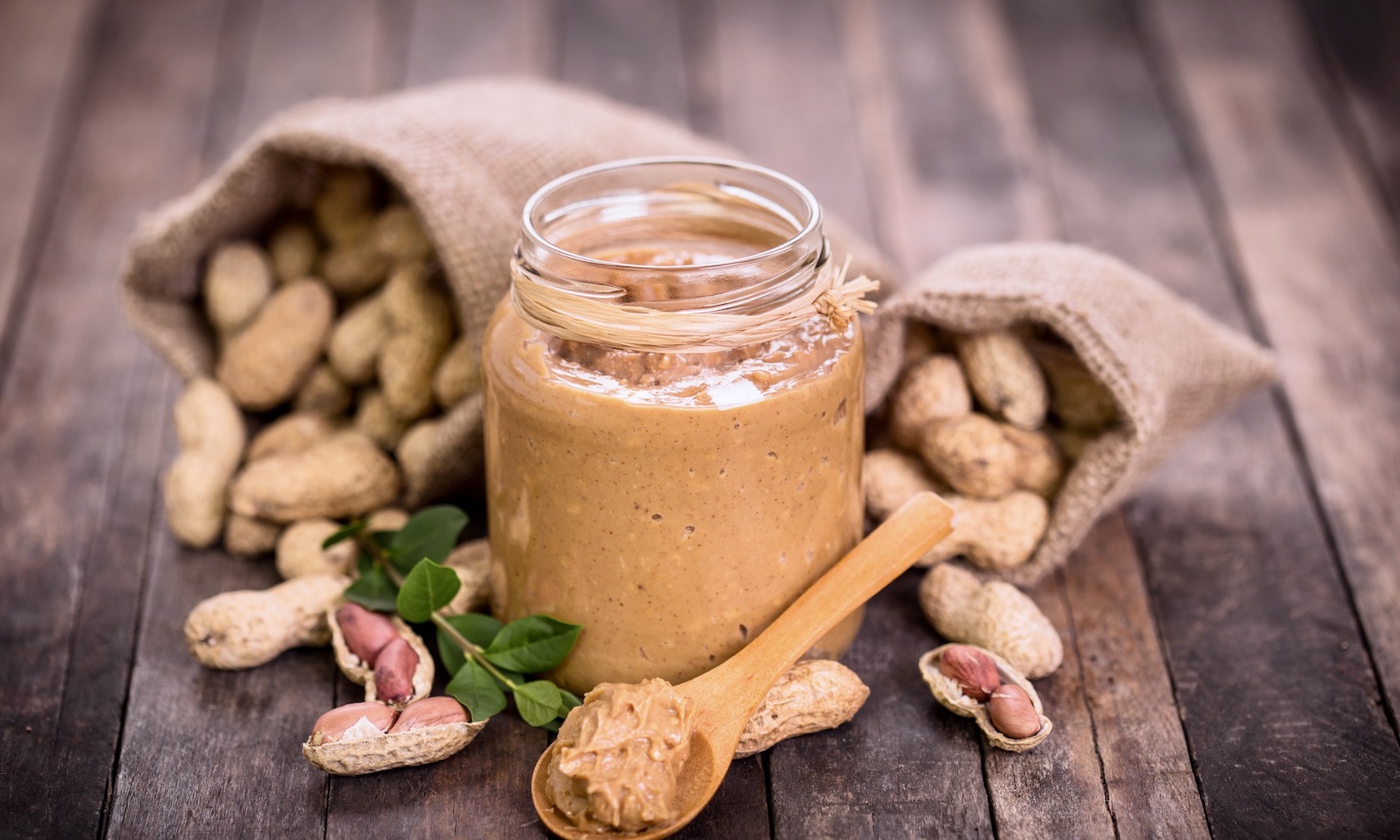At the Congressional hearings on bacteria-tainted peanut products, Representative Greg Walden, Republican of Oregon, showed a jar of peanut butter to Stewart Parnell, owner of the Peanut Corporation of America. The jar was wrapped in "Crime Scene tape". Representative Walden invited Mr. Parnell to eat some of the peanut butter. Mr. Parnell declined to answer his request; invoking the protections afforded him under the U.S. Constitution.
I have mixed emotions about Mr. Parnell's response. On one hand I absolutely value the important basic and essential protections provided to citizens by the Constitution, such as the right to refuse to answer questions involving self-incrimination. Those rights were hard won by our nation's founders, and have been repeatedly defended by our court system, as well as the blood of our armed forces.
On the other hand, I am, like most citizens outraged by the alleged conduct by Mr. Parnell. According to the government's charges, Parnell ordered that peanut products containing salmonella should be shipped anyway, and that in emails he complained that the testing process was costing his company "huge $$$$$$." The outbreak has caused illness to at least 600 people so far, and possibly nine deaths. According to a Food and Drug Administration report, even though the company's labs found salmonella in some of its peanut stock, the Peanut Corporation sold the products anyway.
As a product liability attorney I have seen too many tragic cases where due to indifference or actual intention people have become seriously sick or even died because of contaminated food. While the government makes efforts to prevent such outbreaks, the bottom line is we expect, as consumers, that companies who manufacture food which we eat and serve our families would provide us with products free from contamination, especially something as serious as salmonella. When we open a can or jar, we expect that it will be wholesome.
Unfortunately in the world's global market the ingredients in even the simplest food items come from far reaching sources. If you look at the label on even a candy bar you will often find a surprisingly large listing of the many ingredients both natural and man-made. The flavoring may come from one vendor, the preservatives from another, the fortified vitamins for another company, and so on. It's not as simple as a company having a bunch of peanut butter trees that they harvest and process into jars of peanut butter. Our nation's food manufacturing conglomerates depend on an ever-growing list of outside suppliers. If just one vendor fails in the area of sanitation by its employees, for example, that is enough to contaminate the entire product line and food chain, across the nation and even throughout the world.
Some well known consumer brands purchased ingredients for their peanut products from the Peanut Corporation of America. When the scandal hit, these companies, as well as government agencies, recalled their products. But a recall, by its nature, has limited success. Inevitably some items will remain in the food chain and people will become sick or even die. All from eating a popular food that people have enjoyed for years. I mean what could be more "all-American" than peanut butter, except maybe hot dogs -- and who knows what dubious ingredients are lurking in hot dogs.
The bottom line is we must remain ever-vigilant regarding the safety our nation's food products. Unfortunately it seems there are always those companies who in looking to save money or increase profits by choosing to ship unwholesome foods.
Many people and organizations play a role in protecting us from food contamination, from the FDA to shoppers in supermarket aisles.
When tragedy strikes, personal injury attorneys also play a vital role -- both in obtaining compensation for victims of food contamination, as well as providing an "incentive" for companies to keep their production lines sanitary under threat of costly lawsuits.
During the Congressional hearing it was alleged that Mr. Parnell urged his workers to even "turn the raw peanuts on the floor into money." If the charges that his company shipped tainted food products are proven true, Mr. Parnell's company deservedly will find itself the target of countless product injury lawsuits. Ironically such lawsuits will end up costing his company much more than peanuts.
The Peanut Contamination Scandal
Super User
Hits: 2683

